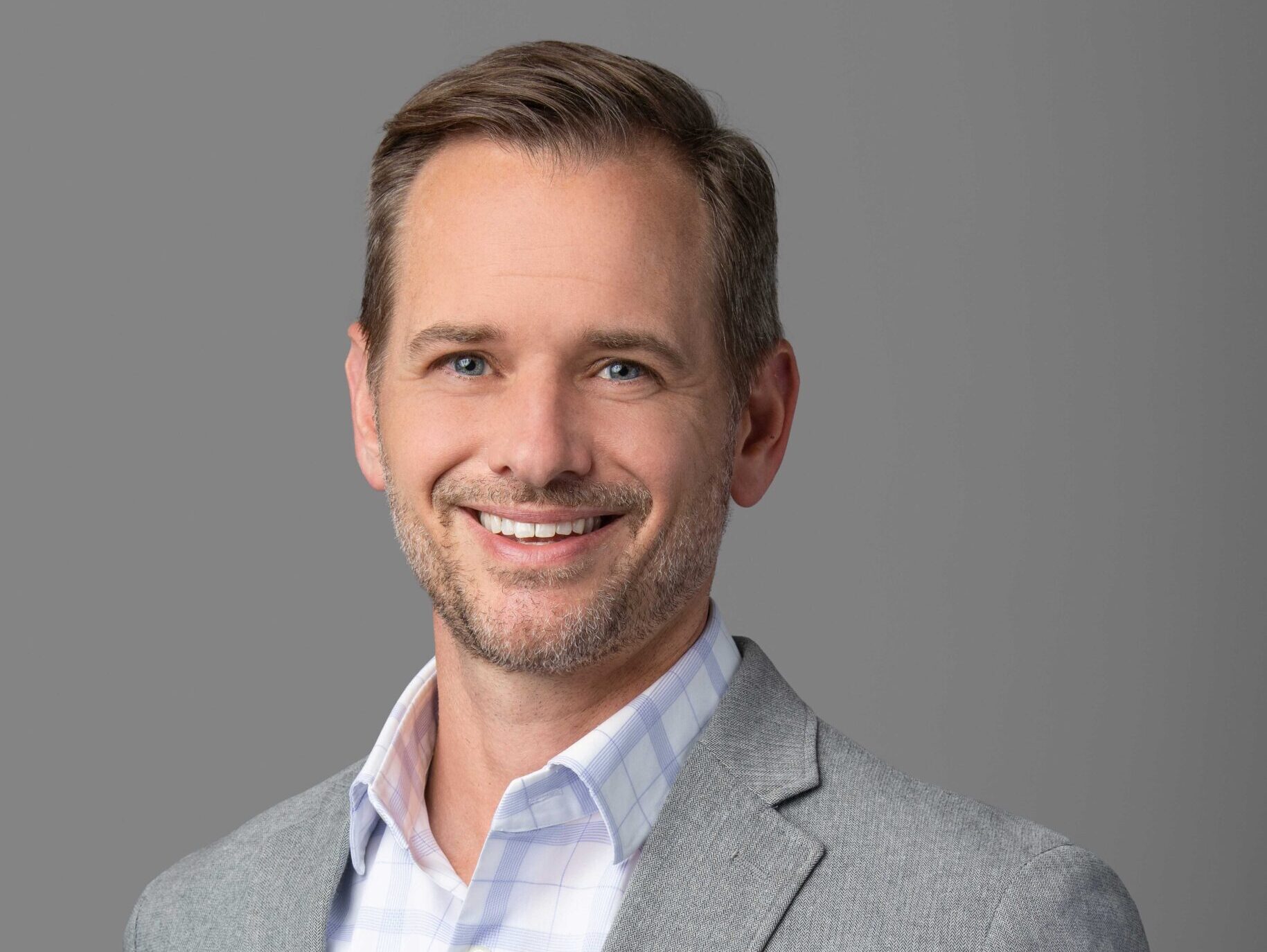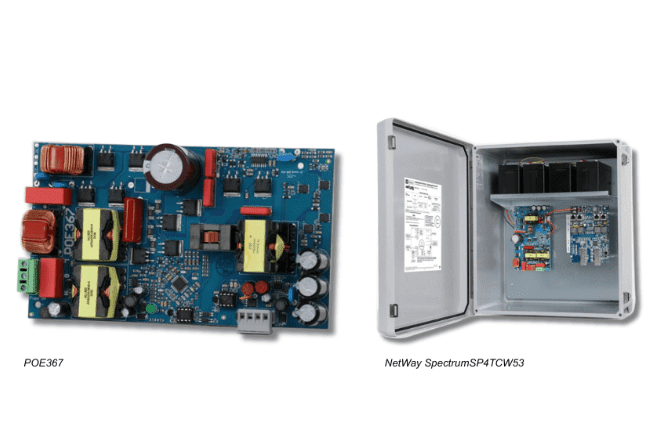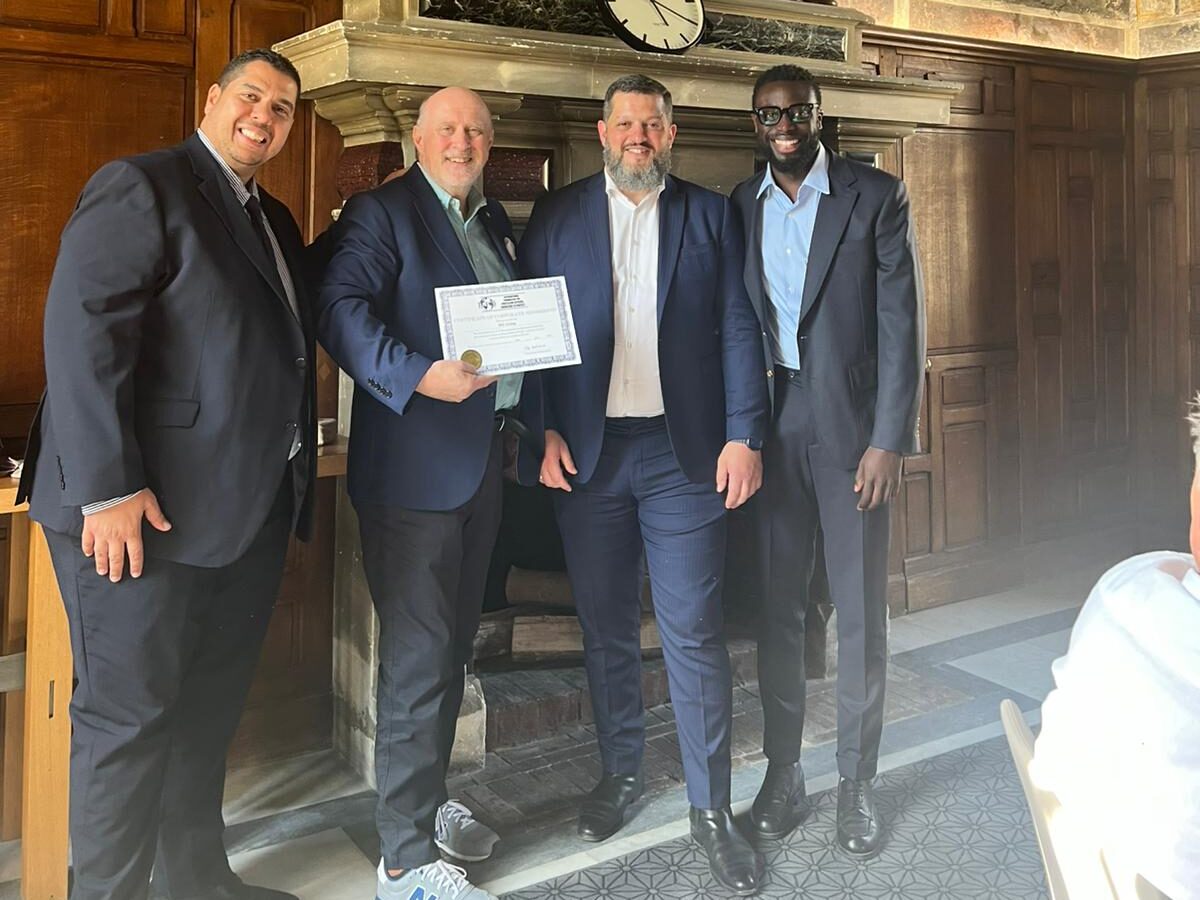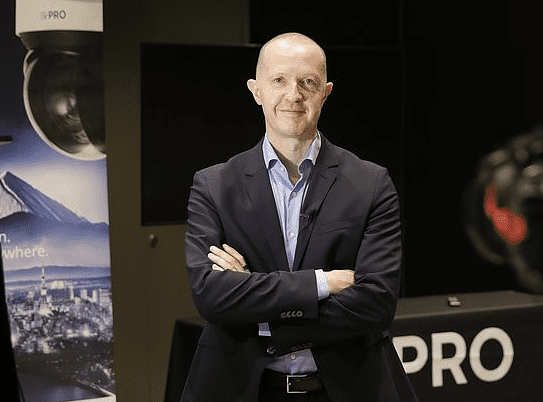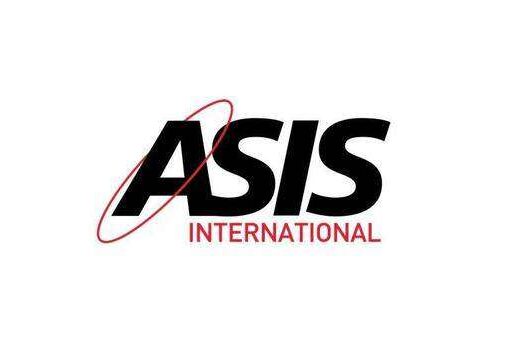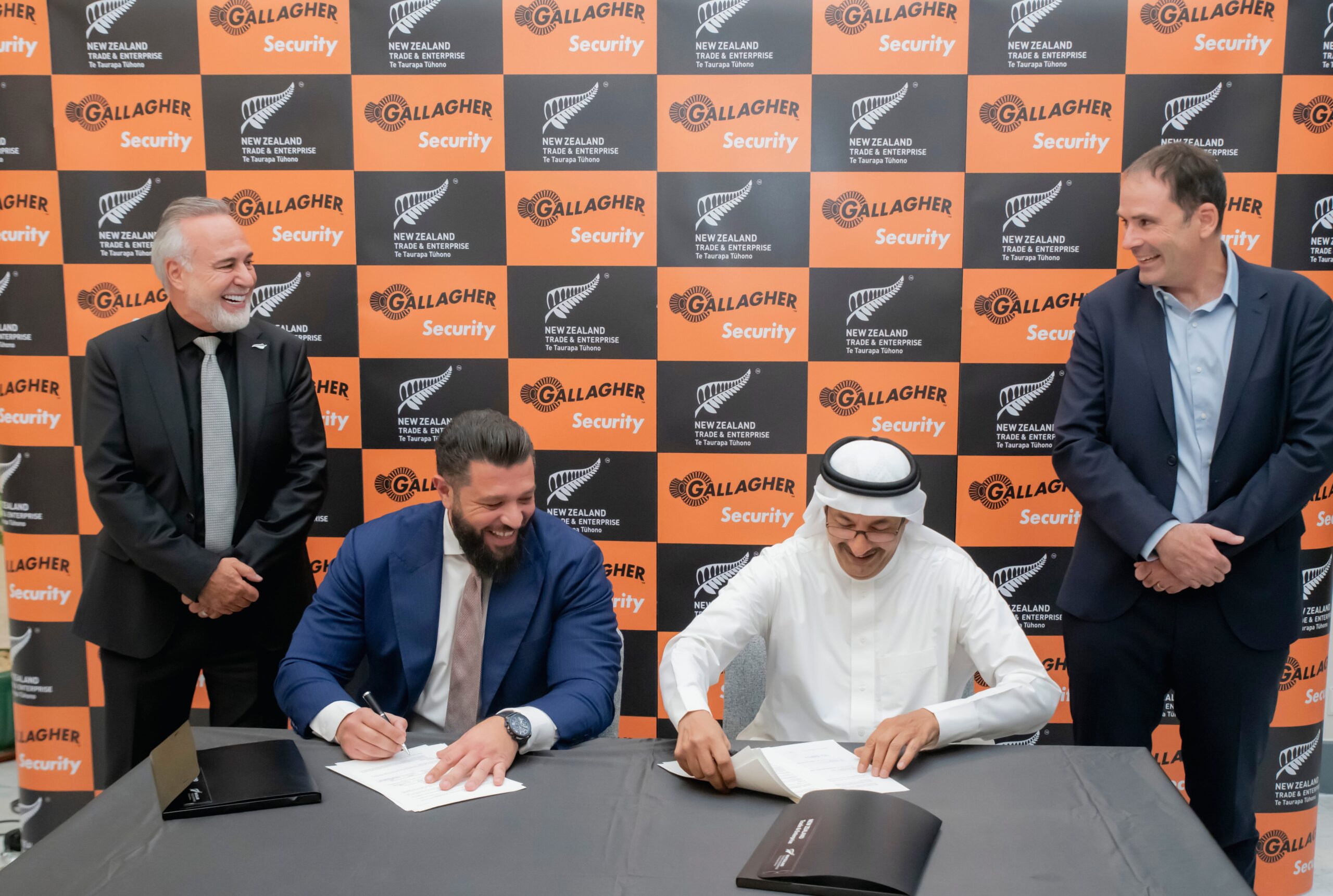Security Buyer talks exclusively to the new Chairman of ONVIF Steering Committee, Leo Levit, about how his experience and background with contribute to the future of ONVIF
The future of ONVIF
Leo Levit has spent many years in the technology innovation and product management fields. Beginning with a master’s degree in Electronic Engineering, his professional career has included multiple positions in several multinational companies such as Ericsson and Sony. During Leo’s 20+ year career, he has contributed to technology adoption in the telecommunication, security and video analytics fields. Leo is currently the Director of System Integration at Axis Communications AB.
Could you explain a bit about your background and what that brings to ONVIF?
My career in the industry began at the age of 18, when I worked for an integrator – setting the stage for my continued interest in security technology. Since then, I’ve served in leadership and business management roles within the technology field and am currently Director of Systems Integration at Axis Communications, which speaks directly to matters of interoperability and technology development and innovation. Prior to this role I was Global Product Manager of Analytics Solutions at Axis. I look forward to combining my technical background, along with my experience in product management, marketing, and sales with my interest in leadership, in this new role with ONVIF.
As the new Chairman for ONVIF, do you have any plans for the organisation?
My focus for ONVIF in the near term is to continue our momentum of developing profiles and solutions that support our members and our industry. These solutions need to not only address current needs but also reflect the changing landscape of our industry and the influences from the larger technology sector that ultimately impact our safety and security technologies and solutions. Looking further down the road, we will continue our ongoing evaluation of how our strategy can and should adapt to ensure that ONVIF will continue to be relevant and meet global demands for interoperability.
As technology has advanced dramatically this past year, do you think interoperability will play a bigger role?
I strongly believe interoperability has a critical role today and will be even more important in the future. For example, in the past year, many organisations have been tasked with adding bespoke solutions to satisfy pandemic safety measures, including crowd management, social distancing and face mask detection technologies. Open platforms can help organisations in creating a more holistic, intelligent and sustainable system that is flexible and based on changing user needs. As the economy continues to shift and move, the aging ‘build once and maintain forever’ mindset becomes even more impractical, with interoperability key to security and safety technology’s expanding role as a tool to manage broader operational and business processes.
These trends have paved the way for these mainstream use cases to be realised, opening up opportunities to reach more vertical markets and new use cases, aided by cloud, Artificial Intelligence (AI) and video analytics. ONVIF, as such, isn’t the whole solution, but it does offer opportunities for the integrator community to help solve those issues brought on by the pandemic.
Read more on the Security Buyer website.




